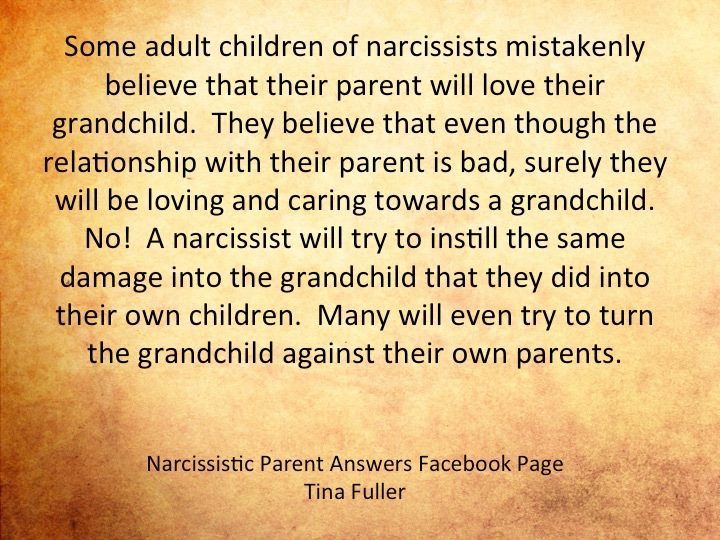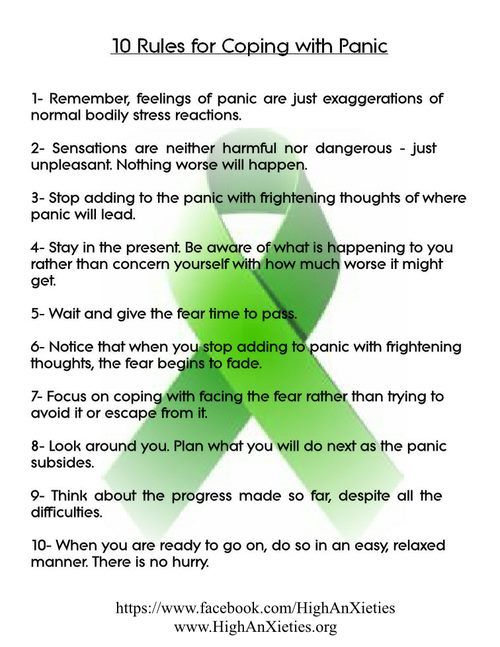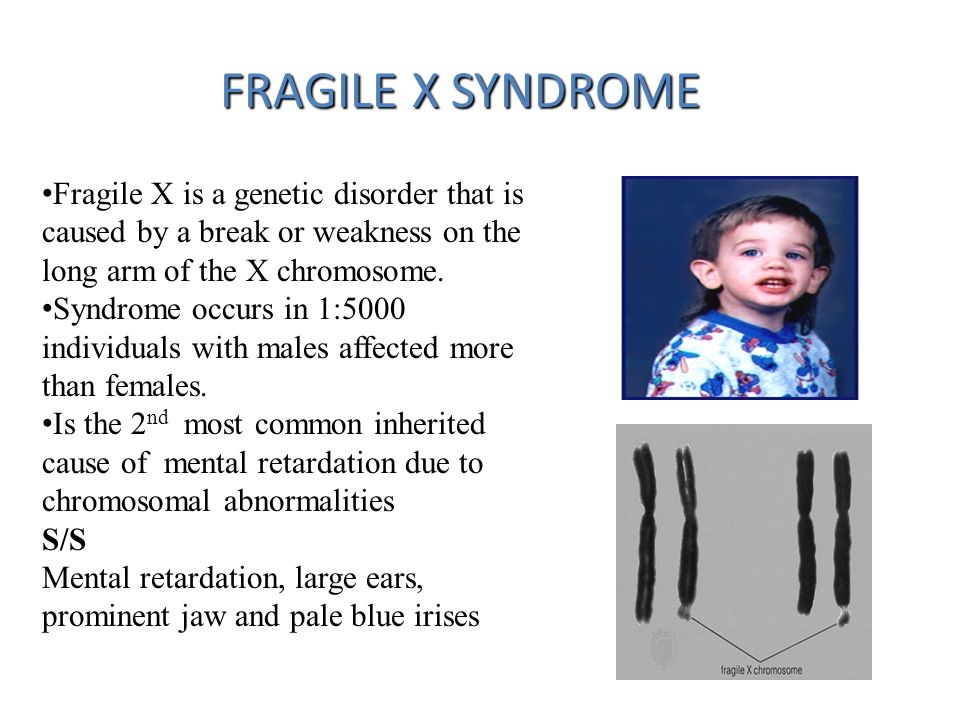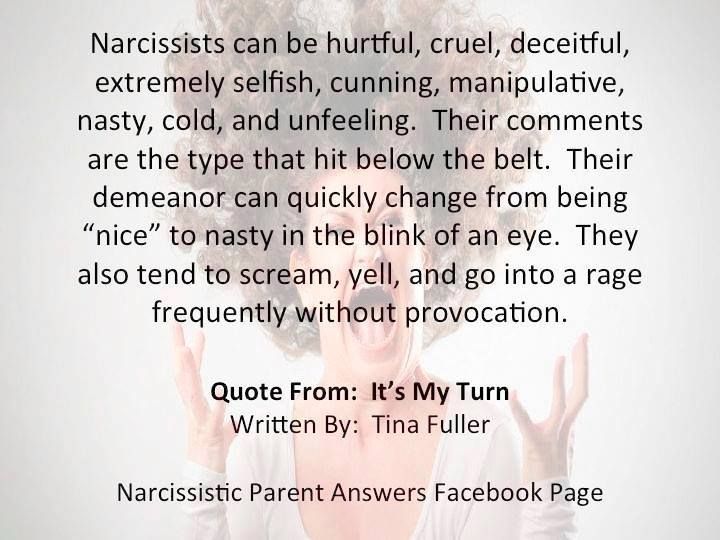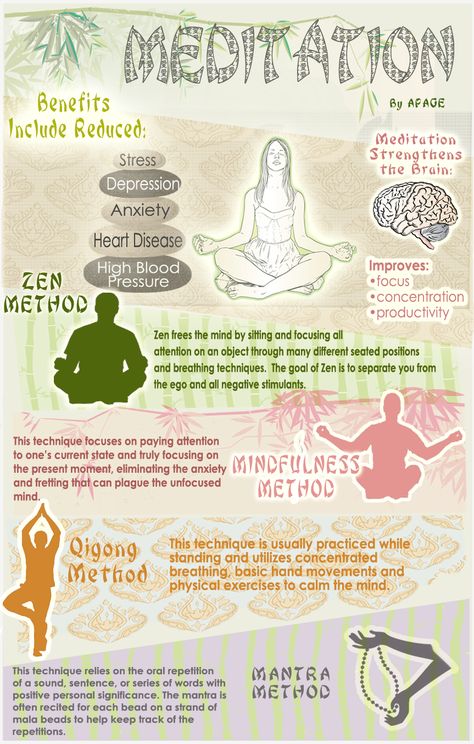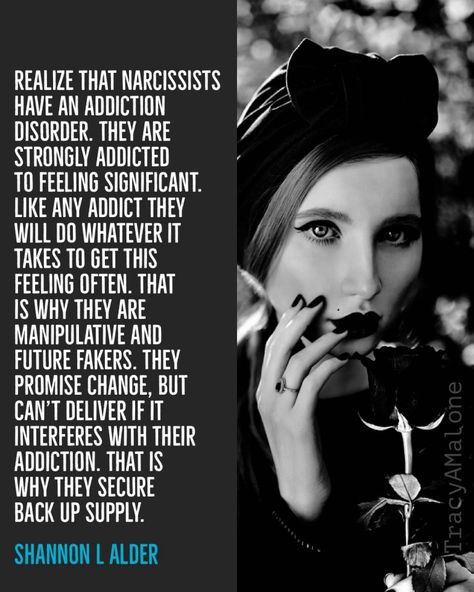Narcissist and their children
The Narcissist And Their Children
The relationship between a narcissist and their children is a unique one, full of contradictions. You see, not only will a narcissist subject their children to all the usual abusive behaviours that they subject everyone else to, but at the same time, they view their children as extensions of themselves; as not being separate from them.
"This means that a child should want what they want, should be who they want (preferably a ‘mini - me’) and should do what they want."
They should enjoy what they enjoy, eat what what they like to eat, be good at what the narcissist is good at, and generally subjugate who they are as an independent, unique person to the desires of their narcissistic parent.
If the child wants a scooter for their birthday, the narcissistic parent might suggest a mountain bike instead, because they they want one. If the child wants to play the piano, the narcissistic parent might insist they learn the violin, like they did. If the child wants to be a nurse when they grow up, they might suggest the job they always wanted to do, or do do, instead, whatever that may be, no matter how vastly different it is from what the child wants. It’s subtly different from just being controlling (which of course narcissists also are). Their demands on their children are often wholly unreasonable, coming from a place of pure self-interest with no ability to put themselves in their child’s shoes and view things from their perspective.
This is a complicated relationship. Because they don’t see the child as being separate from them, they violate their boundaries, even more than with other people. They might read diaries, go through their belongings, read their emails, or enter their room without knocking. They might vet their friends or attempt to become too ‘pally’ with them, perhaps even flirting with teenage children’s boyfriends or girlfriends. They might track them closely using their phone, or demand to know where they are at all times.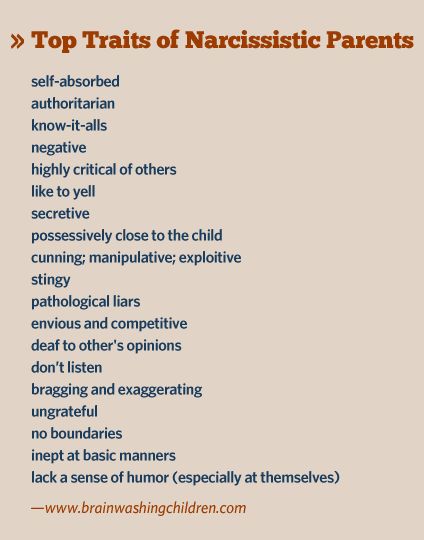 They might become over-involved with their hobbies, intrusively so. A narcissistic parent will expect instant replies to messages, and if these are not forthcoming, especially when they can see that a message has been read, or that their child is online, this will induce narcissistic rage, as it challenges their version of reality of being one with their child.
They might become over-involved with their hobbies, intrusively so. A narcissistic parent will expect instant replies to messages, and if these are not forthcoming, especially when they can see that a message has been read, or that their child is online, this will induce narcissistic rage, as it challenges their version of reality of being one with their child.
This over-identification with the child also means that narcissists can find it very difficult to tolerate ‘imperfection’ (which can really be anything that is different to how they want them to be) in their child. It’s extremely common for narcissists (if they are the sort who have a need to appear invincible) to deny illnesses or conditions in their child, either not allowing them to be diagnosed in the first place, or not allowing them to be treated, as treating them would be an admission of imperfection. Asthma, dyslexia, even broken bones can be swept under the carpet by the narcissistic parent, in their own need to be all-perfect, and special. This is more than the child’s ‘weakness’ reflecting badly on them - it is an admission of weakness in themselves, which they simply can’t tolerate. They are their child, and their child is them. This is personal - quite literally.
This is more than the child’s ‘weakness’ reflecting badly on them - it is an admission of weakness in themselves, which they simply can’t tolerate. They are their child, and their child is them. This is personal - quite literally.
(Note that some narcissists play the victim card and are riddled with illness, pain and disability, which they use an tool to gain sympathy and attention, so that they don’t have to openly hog the limelight. These narcissists may also use any illnesses in their children as a means to secure narcissistic supply and attention from others, mollycoddling them, and inventing or hyping up illnesses in them to this end). Some even go as far as full blown Munchausen’s syndrome by proxy, instigating hospital investigations and treatments for their children’s false illnesses.
"The strange thing is that at the same time as seeing their children as extensions of themselves, narcissists will treat their children in the same abusive ways as they treat others.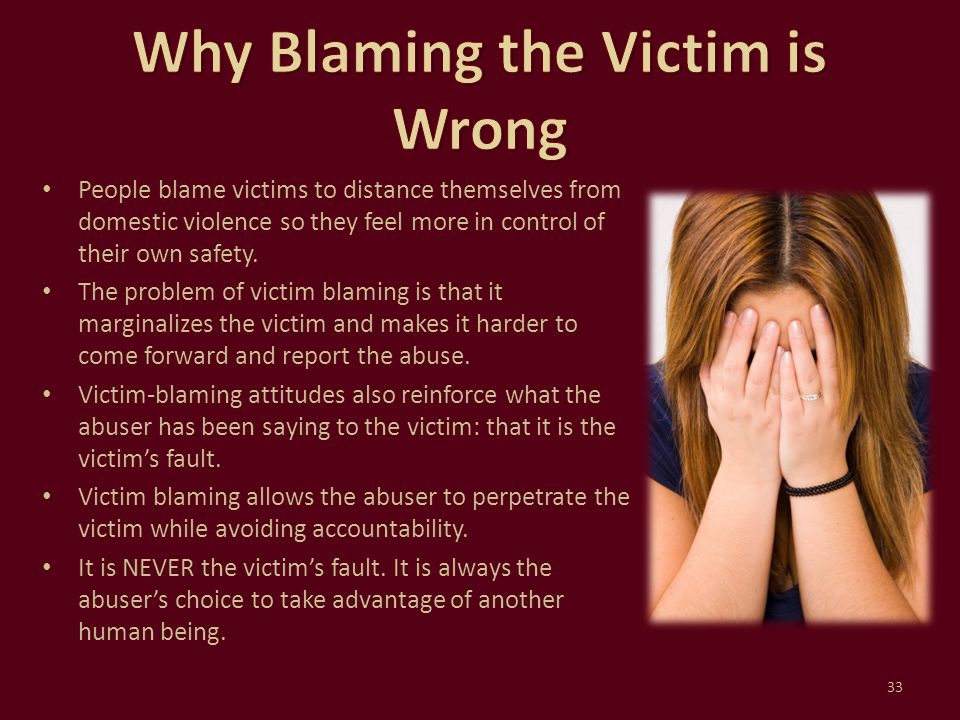 "
"
Their children are not immune from being at the receiving end of the narcissist's cycle of ‘idealise and devalue’, where they are alternately lovebombed, (showered with praise and attention), and then subtly devalued, criticised, withdrawn from and put down. This leaves them confused and hurt, and they start jumping through hoops to please the parent enough to re-enter the idealisation phase again. This is a cycle that repeats ad infinitum, over and over again, even when the child becomes an adult themselves.
Narcissists’ children will be triangulated and played off against others (often their own siblings or cousins), and will find themselves vying for the narcissist’s attention. They will be gas-lighted - lied to by the narcissist to the point where they their own reality is dismissed as false, so that they stop trusting their own perceptions of reality. They will be demeaned and shamed. If they are particularly good at something, behind closed doors they may find themselves on the receiving end of the narcissistic parent’s jealously. Confusingly, the narcissist may then, in front of an audience, hold up their child’s talent as a source of pride, as just another way to gain positive attention for themselves.
Confusingly, the narcissist may then, in front of an audience, hold up their child’s talent as a source of pride, as just another way to gain positive attention for themselves.
Now add to that the variant of triangulation that narcissistic parents often engage in - the dynamic of the ‘scapegoat’, the ‘golden child’ and the ‘invisible child’, and things become even more destabilising for the child. The children are assigned their roles, either as the one who can do no wrong, the one who can do no right, or the completely unseen and unheard one. Each resents the other, either secretly or openly, and each craves to be in the position of the golden child. And suddenly, often without warning, the roles change. Role shifts can occur every few days or every few years, keeping the children on their toes, on high alert. And even worse, the other parent often turns a blind eye, and enables the narcissistic parent in their appalling behaviour. They often even join in with the abuse, themselves as they try to curry favour with their narcissistic partner, themselves a hapless victim of covert emotional abuse.
In households where the narcissistic parent is single, children may find themselves being parentified, expected to discuss and look after the parent’s emotions or finances, to be their confidante, and have have household responsibilities inappropriate to their age. Guilt and responsibility sits heavy on the shoulders of these youngsters.
Children are often expected to vie for the role of ‘primary adorer’, and live in awe of their narcissistic parent. And they, almost inevitably will find themselves subjugating their own needs in preference for the needs of the parent, in order to keep the peace and avoid their parent’s narcissistic rage. Walking on eggshells becomes the norm for these children.
It is no wonder then, that children of narcissists very often become narcissistic themselves, having ‘learned’ narcissism from their very own beginnings. In developing ‘work arounds’ to appease their narcissistic parent, they are actually wiring these patterns into their brains as normal. This is also true of those children of narcissists who do not go on to become narcissists themselves. These children tend to become adults who exist to please others, and who see toxic behaviour from others as normal - a baseline. They go on to attract narcissists into their lives as partners and friends, and may go on to endure anything up to a lifetime of narcissistic abuse.
This is also true of those children of narcissists who do not go on to become narcissists themselves. These children tend to become adults who exist to please others, and who see toxic behaviour from others as normal - a baseline. They go on to attract narcissists into their lives as partners and friends, and may go on to endure anything up to a lifetime of narcissistic abuse.
The tragic reality is that narcissists don’t (and can’t) love their children in the way that ordinary people do. They will tell you that they do (and most likely they will believe that they do), but their love can only be of the transactional, conditional type, even with their children. Narcissism is a condition of low empathy, entitlement and interpersonal exploitation. These, very sadly indeed, do not form the solid foundation required for unconditional, deeply felt love. And although the narcissist’s professions of love for their children might look convincing to the outside world (but more often, they look a little over the top), whatever feelings they do have are shallowly held, and changeable.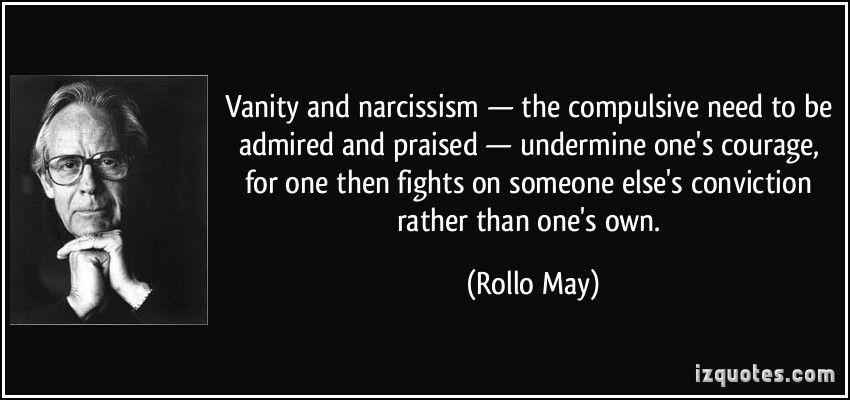
In short, and to put it bluntly, narcissists do not have what it takes to be good parents. They cannot put another’s needs first. They cannot care enough about another to have their best interests at heart (unless they gain narcissistic supply in some form from giving the appearance of caring). They can pretend, and they can pretend well, because pretending lies at the very core of their personality disorder. Every day they pretend to be the false persona, the outward image, that they project to the outside world. They do this because they have to - they cannot bear the feelings of shame that would result from having to face their own feelings of unworthiness and inadequacy that are actually simmering under the surface. They can even fool their own children, even into adulthood, in many cases, that they are a the best parent a child could have, and that they should feel lucky.
"Don’t forget that grandiose, overt narcissists can be immense fun. They can be the life and soul of the party. They can turn heads and deploy devastating charm. Their charisma will likely have their children’s friends telling them how very lucky they are to have such a ‘fun’, or ‘cool’ or ‘nice’ dad or mum. This type of narcissist can be simultaneously brilliant and awful. Flashy and irreverent. Delicious rule breakers, with numerous sycophants in tow. It’s easy to see how a child, who understands none of this, has little chance of protecting themselves from abuse that they cannot even recognise."
They can turn heads and deploy devastating charm. Their charisma will likely have their children’s friends telling them how very lucky they are to have such a ‘fun’, or ‘cool’ or ‘nice’ dad or mum. This type of narcissist can be simultaneously brilliant and awful. Flashy and irreverent. Delicious rule breakers, with numerous sycophants in tow. It’s easy to see how a child, who understands none of this, has little chance of protecting themselves from abuse that they cannot even recognise."
How narcissists treat their children in divorce
In divorce or separation, where children are involved, things can get even more complicated. Here, a narcissist will weaponise the children, turning them into instruments of abuse against the other parent. They will badmouth the other parent, lie about them in order to alienate the child from the parent, stop paying for the child (eg stop paying school fees or for after school activities) so that the other parent has to pay, using them as tools of financial abuse. They will try to be seen as the ‘winner’ by trying to get the child to primarily reside with them, regardless of the practicalities of this, inflicting a painful blow on the other parent. The child will be seen as a way to cause suffering on the other parent, who they wish to annhilate, as a result of their narcissistic rage caused by the breakdown of their relationship. They will refuse to cooperate on anything at all, and co-parenting becomes a tiring game of counter-parenting. And all the while, the narcissistic parent will be lovebombing the child, giving false justifications for any of their actions which might otherwise arouse suspicion in the child. All this will be delivered to the child with trademark conviction and magnetic allure.
They will try to be seen as the ‘winner’ by trying to get the child to primarily reside with them, regardless of the practicalities of this, inflicting a painful blow on the other parent. The child will be seen as a way to cause suffering on the other parent, who they wish to annhilate, as a result of their narcissistic rage caused by the breakdown of their relationship. They will refuse to cooperate on anything at all, and co-parenting becomes a tiring game of counter-parenting. And all the while, the narcissistic parent will be lovebombing the child, giving false justifications for any of their actions which might otherwise arouse suspicion in the child. All this will be delivered to the child with trademark conviction and magnetic allure.
"Being the child of a narcissist is hard, but so is being the non-narcissistic parent."
As the non-narcissistic parent you have an important job to do in setting up your child for a heathy future. Whilst badmouthing the narcissistic parent is a no no, and will mostly likely back-fire against your relationship with your child, you have a fine line to tread. If you are badmouthed by the narcissist, you should (if the content is age appropriate) provide the truth to your child, without actually accusing the narcissist of lying. When the narcissist is late picking up or returning the children, you should stress the importance of being on time, and respectfulness, again without being openly critical of the narcissist. But mostly, you need to lead by example. Be the parent who encourages the child’d hopes and dreams. Be the parent who supports them. Be the parent who listens to them and takes them seriously. Who celebrates them as an individual. Who loves them unconditionally, but who sets firm boundaries and rules. The stability of your love, and the equality of it with your other children will be eventually be noticed as contrasting with the narcissist’s behaviour.
Whilst badmouthing the narcissistic parent is a no no, and will mostly likely back-fire against your relationship with your child, you have a fine line to tread. If you are badmouthed by the narcissist, you should (if the content is age appropriate) provide the truth to your child, without actually accusing the narcissist of lying. When the narcissist is late picking up or returning the children, you should stress the importance of being on time, and respectfulness, again without being openly critical of the narcissist. But mostly, you need to lead by example. Be the parent who encourages the child’d hopes and dreams. Be the parent who supports them. Be the parent who listens to them and takes them seriously. Who celebrates them as an individual. Who loves them unconditionally, but who sets firm boundaries and rules. The stability of your love, and the equality of it with your other children will be eventually be noticed as contrasting with the narcissist’s behaviour.
Teach them empathy from an early age by discussing other peoples’ feelings.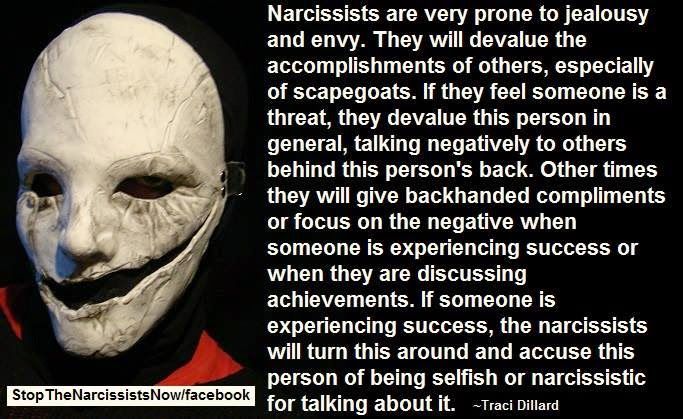 Even when reading bedtime stories you can pause to ask, ‘and how did you think the character felt then?’ If you can build empathy in your child, a skill which can be learnt, then you have effectively stopped your child from becoming a narcissist as an adult. So much narcissistic behaviour comes from the inability to care about others because they cannot feel things from another’s perspective, because they were never able to learn empathy. But, like all things, too much empathy is also a bad thing - it can lead a person to give and give to another, and set them up for being preyed on by users. Encouraging you child to learn how to recognise and express their own needs, and how to exert their own boundaries will also be important here. Again, leading by example is the way forwards.
Even when reading bedtime stories you can pause to ask, ‘and how did you think the character felt then?’ If you can build empathy in your child, a skill which can be learnt, then you have effectively stopped your child from becoming a narcissist as an adult. So much narcissistic behaviour comes from the inability to care about others because they cannot feel things from another’s perspective, because they were never able to learn empathy. But, like all things, too much empathy is also a bad thing - it can lead a person to give and give to another, and set them up for being preyed on by users. Encouraging you child to learn how to recognise and express their own needs, and how to exert their own boundaries will also be important here. Again, leading by example is the way forwards.
"Parenting, as we all know, is a tough job, but it is twice as hard when you have to counteract the damage that is being (often covertly) inflicted on the child by a narcissistic parent."
Even years post separation or divorce from the narcissistic parent, you will be battling them regarding the children, feeding their narcissism through the drama, conflict and sympathy they will use the situation to garner from others. There is no such thing as co-parenting with a narcissist, and ‘Parallel Parenting’ is the best model to adopt, where you severely limit your contact with the narcissist to only the essentials regarding the children, and accept that the children live by the rules of whichever house they are staying in at the time. No school or family events are attended jointly, and you use the grey rock technique to communicate with them (see my communication tactics blog posts). Your own healing is important here too, and the closer you can get to the gold standard of ‘no contact’ with the narcissist by reducing contact to the absolute bare minimum, the faster you can heal.
There is no such thing as co-parenting with a narcissist, and ‘Parallel Parenting’ is the best model to adopt, where you severely limit your contact with the narcissist to only the essentials regarding the children, and accept that the children live by the rules of whichever house they are staying in at the time. No school or family events are attended jointly, and you use the grey rock technique to communicate with them (see my communication tactics blog posts). Your own healing is important here too, and the closer you can get to the gold standard of ‘no contact’ with the narcissist by reducing contact to the absolute bare minimum, the faster you can heal.
As regards parenting, you’ll never do it perfectly, and you’ll always beat yourself up about it. You’ll even end up unwittingly inflict some damage on your children yourself, as all parents do, by definition, but at least with awareness of what you are facing, you stand a great chance of helping your children towards a healthy future.
13 Ways Narcissistic Parents Sabotage Their Children
Source: Alexander Zhiltsov/AdobeStock
People with narcissistic personalities are often relational antagonists who compulsively undercut others to gain a sense of control and superiority. Even when they are shining an idealizing light on someone, it is a form of manipulation—through flattery and praise—which can turn on a dime into contempt.
As a society, we don't like to admit that parents are capable of this behavior with their children, but the fact remains that parental abuse and neglect are part of the human condition, and narcissists are precisely the kind of people who hurt and traumatize others, particularly the most vulnerable.
Interpreting Narcissistic Behavior
When interpreting narcissistic behavior, it is important to understand that narcissists exist in society and in families and that they will learn to mask their jealousy, lack of empathy, selfish opportunism, and superiority complex in order to function socially.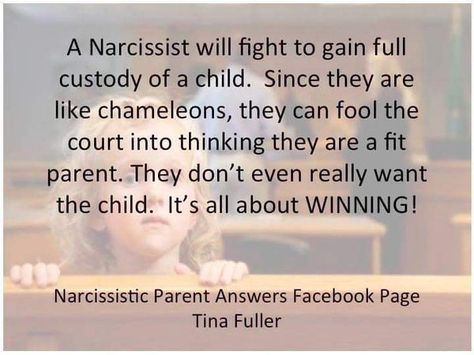 Although narcissistic parents, especially the covert type, may be quite skilled at concealing their cruelty and even signaling virtue to outsiders, they undermine their children as a matter of course in a multitude of ways.
Although narcissistic parents, especially the covert type, may be quite skilled at concealing their cruelty and even signaling virtue to outsiders, they undermine their children as a matter of course in a multitude of ways.
13 Ways Narcissistic Parents Sabotage Their Kids
These are some common ways narcissistic parents undercut their children, which they do both intentionally and collaterally as a consequence of not caring about the damage they do:
- Reward Compliance and Punish Dissent. Narcissistic parents reward compliance and conformity in their children through praise and privilege, and they punish free expression and differing opinions through judgment, rage, and rejection.
- Devalue Their Interests and Strengths. Unless their children's interests and strengths reflect their own values or give them bragging rights, narcissistic parents ignore or actively malign their kids' passions.
- Pathologize Their Emotional Responses.
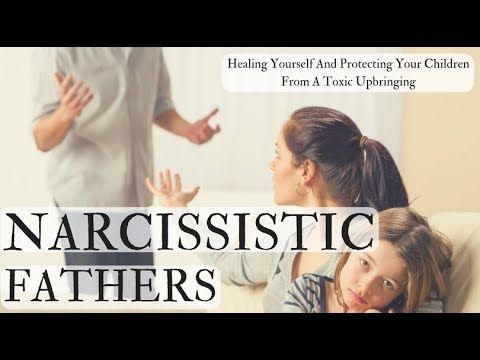 One of the most damaging aspects of narcissistic parenting is the narcissist's rage and resentment toward their children's normal dependency needs and emotional responses, which they typically frame as selfish, weak, and/or defiant.
One of the most damaging aspects of narcissistic parenting is the narcissist's rage and resentment toward their children's normal dependency needs and emotional responses, which they typically frame as selfish, weak, and/or defiant. - Normalize Rage and Shame. Profoundly traumatizing for children of narcissistic parents is living in an atmosphere of normalized rage and shame, which elicits long-term nervous system hyperactivation, interferes with healthy development, sets the stage for both acute and chronic health problems, and adds to generational trauma patterns.
- Play Favorites and Scapegoats. At the core of the narcissistic personality is a split between the ashamed and vulnerable interior self (which is usually kept repressed from consciousness) and the special (superior and entitled) exterior persona. As parents, narcissists typically project this inner duality onto their children, seeing one as an extension of their idealized self and another as an extension of their repressed shadow self.
 In homes with one child, that child may experience a roller-coaster ride of idealizing and scapegoating.
In homes with one child, that child may experience a roller-coaster ride of idealizing and scapegoating. - Alienate Their Relationships. Narcissistic parents engage in ongoing comparison, triangulation, and smear campaigns to alienate their children's relationships with the other parent, siblings, extended family, and social circle. With adult children, narcissistic parents may attempt to alienate their kids from their own children and spouse.
- Gaslight Their Sense of Reality. Gaslighting takes many forms, but the purpose is to undermine other people's perceptions through lies and distortions. Narcissistic parents gaslight their kids to diminish their children's confidence and control what they think and feel.
- Adultify Them. It is common for narcissistic parents to push their children into adult roles to meet their own needs. Exploited children may function as therapists, problem solvers, nurses, best friends, spouses, and the list goes on.
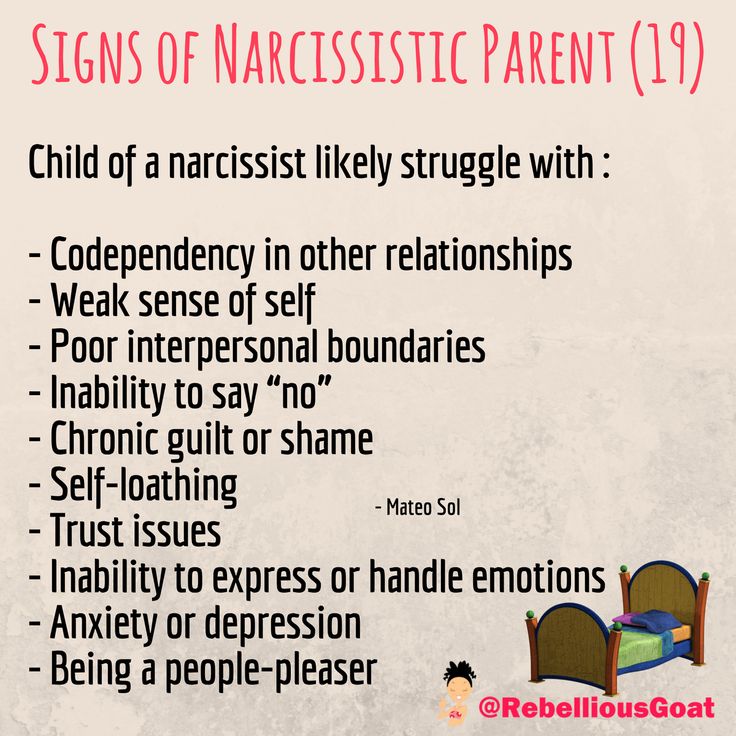
- Infantilize Them. In contrast to adultifying, some narcissistic parents encourage dependency and helplessness in their children to maintain control, feel needed and superior, and get attention and sympathy from others.
- Bail Them Out of Consequences. Narcissistic parents often coddle and bail out their favored child(ren) from consequences as an extension of their own sense of special entitlement and/or because it's easier for themselves.
- Abandon Them in Times of Need. On the flip side of coddling, narcissistic parents may abandon their kids, even the golden child, in times of vulnerability and genuine need because they see it as weakness, don't care enough to be bothered to get involved, and/or enjoy their suffering.
- Don't Teach Them Life Skills. Unless teaching their kids makes them feel important, narcissistic parents neglect their children's need to learn life skills that will empower their growth, confidence, and independence.
 Adding insult to injury, they often harshly judge their children for their resulting difficulties with coping as teens and adults.
Adding insult to injury, they often harshly judge their children for their resulting difficulties with coping as teens and adults. - Manipulate Them Financially. For most people, money represents survival, and narcissistic parents use it to control their children through gifts, payouts, and inheritance, which may be by turns dangled as a carrot, granted lavishly, or withheld.
Narcissistic personalities often make dreadful, dangerous, and traumatizing parents, but that doesn't stop them from having kids. (It also doesn't mean they lack all redeeming qualities; most narcissists pass along some good things with the bad.) So what do we do with the narcissists among us? We usually can't change them. But we can educate our kids about narcissism, trauma, and emotional literacy to help them help themselves and break the cycle for the next generations. That means each of us must do our part.
What injuries do narcissistic parents inflict on us? In communication, they give the impression of charming and gifted personalities.
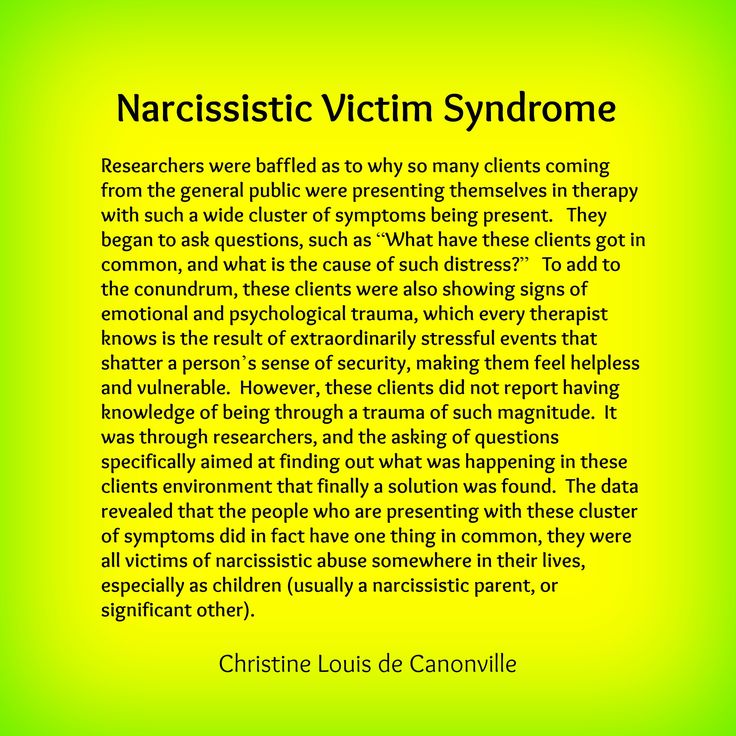 Their self-control is better developed than those suffering from borderline personality disorder or regressive features.
Their self-control is better developed than those suffering from borderline personality disorder or regressive features. In the clinic, I often work with such people or patients raised by narcissistic parents. They have some noticeable features:
-
In communication with others, they often mention themselves or talk about themselves.
-
They have an increased need for love and admiration.
-
They need to be constantly reminded how special they are.
The narcissist is torn apart by internal contradictions between a sense of his own importance and value and the opposite sense of his own insignificance, which he tries to fight, getting the attention and admiration of others. Because of this, communication is difficult and discouraging. At first you feel that they are in dire need of special attention and care, and soon they no longer need it, and criticism will be the answer to attention. nine0003
Abrupt changes within the same conversation, as well as other personal characteristics of narcissists, create such problems in communicating with them.
If you had such parents, you probably had problems with spontaneity, creativity and play. Imagination and spontaneity were stifled by constant tension - you couldn't afford to relax even for a second. They did not understand what was happening, due to the unpredictable and contradictory behavior of the parents. In severe cases, you may have experienced psychological trauma. nine0003
One of my patients said: “I was afraid to go home. When my father was at home, it was very difficult. His mood could change unpredictably in the blink of an eye. One day I come home, and he just brought everyone a few pieces of cake. I was very happy and told him about it. But before I finished the first bite, his mood changed dramatically. He decided that I didn't really like the cake and would have preferred something else.
He said that he noticed something in my facial expression that he did not like, and began to literally interrogate me, and eventually accused me of ingratitude. Everything could end very unpleasantly.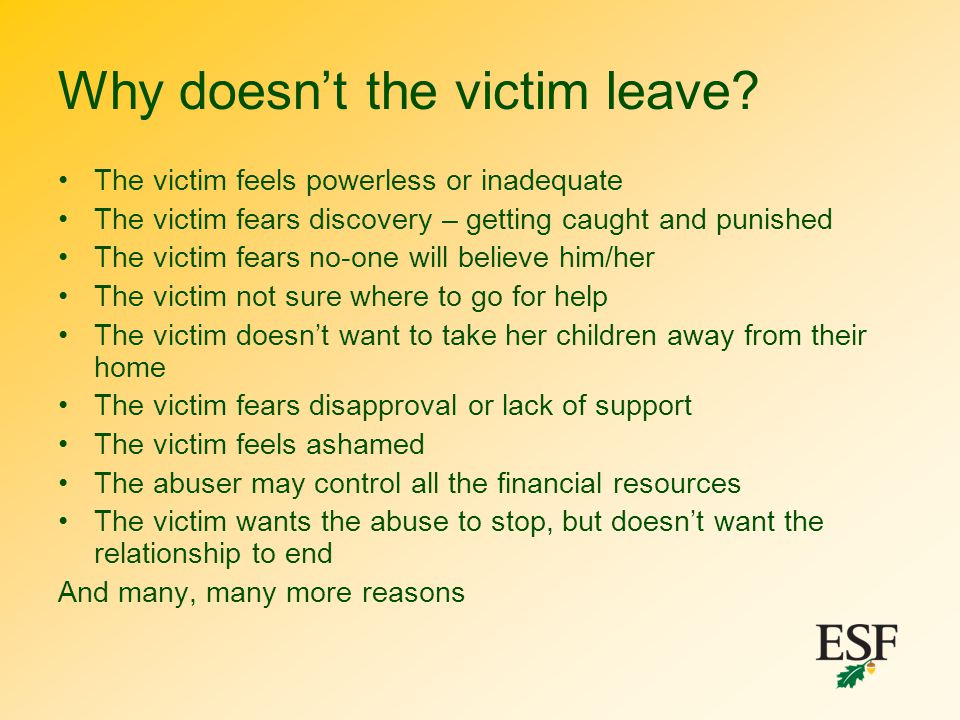 I lost heart, realizing that I could not change anything. I still had a piece of cake in my mouth, and he began to get angry and accuse me of ingratitude. nine0003
I lost heart, realizing that I could not change anything. I still had a piece of cake in my mouth, and he began to get angry and accuse me of ingratitude. nine0003
I burst into tears before finishing my meal, and as a result I got my face dirty, which pissed him off even more. All this was terrible, but quite typical and expected. When the father was very angry, he could turn to physical violence. Coming back from school, I thought with horror what would happen this time if he was at home.
Unpredictability in parental behavior can be traumatic for a child, especially when it comes to physical assault
If you grew up in such conditions, it will most likely be very difficult for you to reveal your creative potential and your talents. nine0003
Other long-term effects are possible. Children of parents with this trait often find partners with similar personality problems. As children, they learned that their role is to soothe and comfort the narcissist, and so they look for such a partner.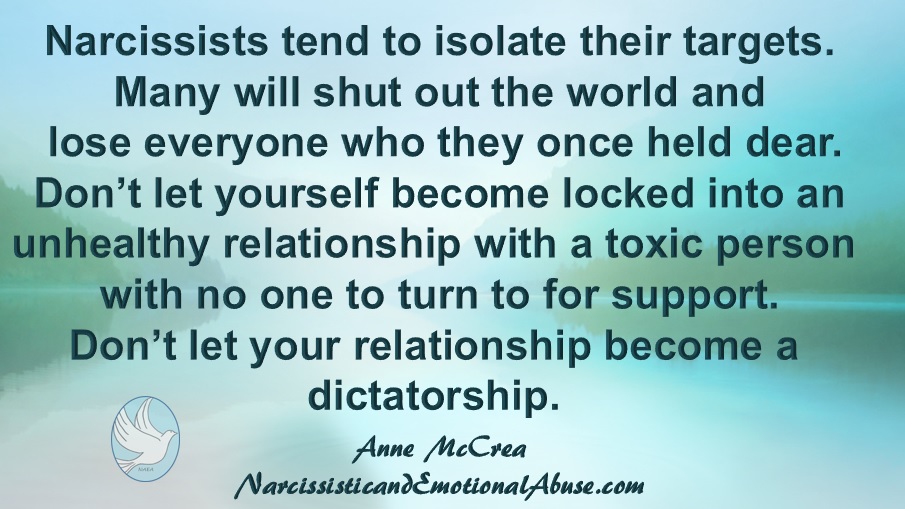
Everything repeats as they unwittingly return to unhealthy situations from childhood. I've met adults who have had several relationships or even marriages in which the same narcissistic pattern was repeated. Psychotherapy can help you break out of this vicious circle, rethink problems and experiences that are sucking you back into the familiar relationship pattern. Therapy will show the way, but it will take a lot of time and work to go through it. nine0003
About the author: Toby Ingham — psychoanalyst
Text: Nikolay Protsenko Photo source: Shutterstock
me my duties. How not to burn out?
"A dream is also a business project": what will help you become richer
5 ways to establish a common language with the body
What psychological defenses say about us: 7 types of character - the opinion of a psychologist
“No family, no friends, no career limit. What am I living for?
“My wife cannot forget my betrayal and hits me in the face.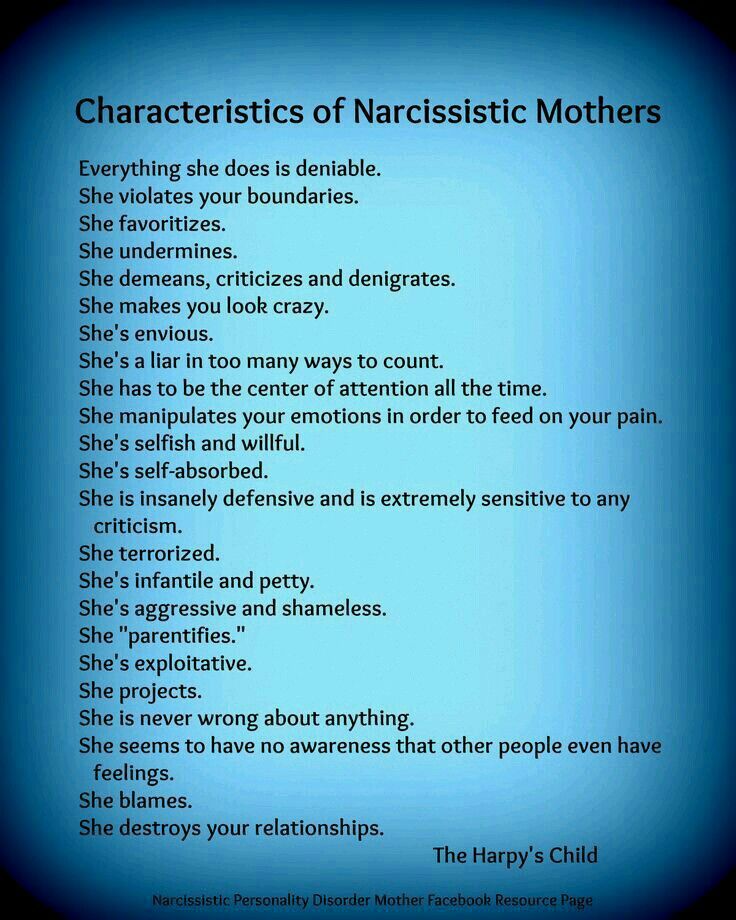 How to build relationships?
How to build relationships?
Four minutes is enough: psychologists figured out how the first impression affects the outcome of a date
4 phrases of narcissistic parents who cripple us
are still dissatisfied. And so all my life. “Not bad, of course, but my colleague’s son has already married, graduated from two higher education institutions and works as a director.” Familiar? Sounds like you grew up with a narcissistic parent. About how to identify a narcissist and not fall into his trap - psychologist Elena Savchuk. nine0003People with narcissism resort to a variety of manipulations to achieve their goals. In this case, the children of narcissists become hostages. From the outside, such parents often seem selfless and devoted to the child. But they absolutely do not know how to sympathize, empathize, but they perfectly exploit and suppress those around them.
1. "This is not a reason to be proud, if only you won the World Cup..."
Life with narcissists resembles a closed triad of relationships: idealization - devaluation - rejection.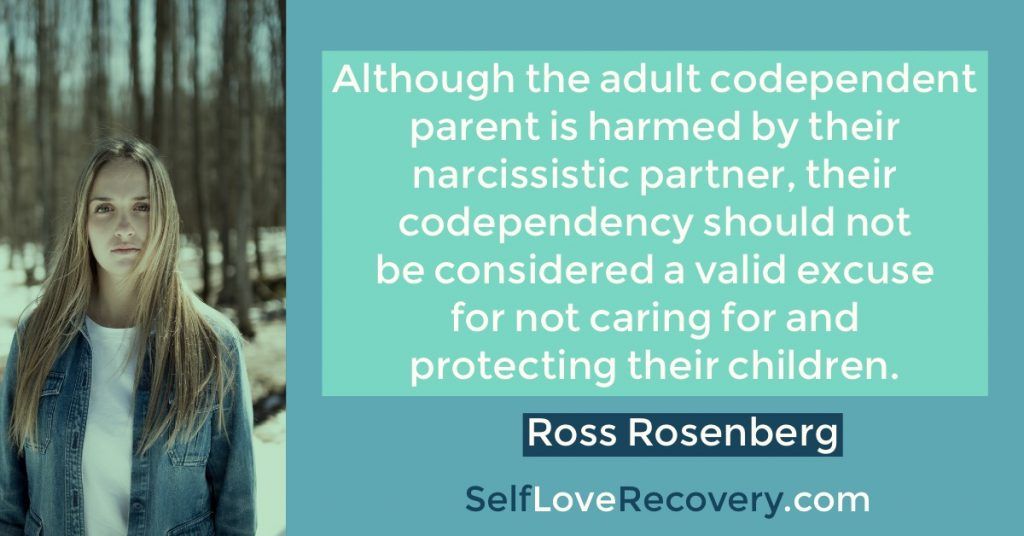 And further in a circle. nine0003
And further in a circle. nine0003
The child is placed on a pedestal and showered with gifts and praise. At the same time, they make it clear that a lot is expected of him. He is special, which means he will definitely not disappoint his parents and will do what they want. The needs of the child himself, as well as his abilities, are not taken into account. If, for example, parents see a swimming champion in their child, then it does not matter to them that he is a talented flutist. At this moment, the child understands that the way he is, his parents do not like him. And he begins to build an ideal image that will be worthy of parental love. nine0003
If the achievements of the child of the parents are not impressive, then he is immediately thrown off the pedestal, they begin to criticize, compare with others, ignore and make it clear that he greatly disappointed them. The child develops a sense of guilt and a desire to grow up to high parental standards by all means.
Sometimes directly, and sometimes behind the scenes, the child is promised to return his disposition and love if he lives up to expectations. The parental love of a narcissist must be earned9% are due to his efforts and attention. So the narcissist can also get the admiration of society. Or sympathy if the child did not achieve much success. If the goals set by the parents are achieved, it will still not work to relax and enjoy success. A new goal is set before the child, and the achievement is devalued: “This is nonsense and not a reason for pride, now if you did this and this ...”.
The parental love of a narcissist must be earned9% are due to his efforts and attention. So the narcissist can also get the admiration of society. Or sympathy if the child did not achieve much success. If the goals set by the parents are achieved, it will still not work to relax and enjoy success. A new goal is set before the child, and the achievement is devalued: “This is nonsense and not a reason for pride, now if you did this and this ...”.
2. “What are you thinking! There was no such thing.
This is called gaslighting - a form of emotional abuse, when the manipulator inspires his victim that her perception of the situation is inaccurate, incorrect. A person should have doubts about the reality of what is happening, so that he literally feels "crazy". nine0003
The narcissist often criticizes and makes fun of his child's feelings, blaming him for what is happening. Usually, he uses the phrases: “You provoked me”, “You exaggerate everything”, “I never said this”, “That didn’t happen”, and so on. As a result, the child begins to doubt himself and his perception of the situation. When a child grows up, he does not realize for a long time how toxic this relationship was. He cannot adequately assess the new relationship because he does not trust his instincts and ability to correctly interpret events. nine0003
Another method of "black PR", which is already used with an adult who wants to change relations with a narcissist, get out of his influence. The scheme will be similar, regardless of whether we are talking about a child, a spouse, or just about a once close person. This technique has three goals:
- To portray the victim as an inadequate person who engages in emotional abuse, and to mirror her own idea of a relationship with a narcissist.
- Provoke retaliatory steps and prove that the other person is not himself. nine0020
- Pull him back into a traumatic relationship while he tries to justify himself and prove to everyone that he is a normal person.
Usually all this is easy, given that narcissists are surrounded by a crowd of enchanted people and other narcissists.
3. “Think of grandma! She can't take it.”
A healthy parent-child relationship gives the child a sense of stability and security. The unhealthy are full of provocations. Narcissists love to create triangles and often share the opinion of a third party in order to validate their point of view and maintain control. nine0003
In a relationship with a child, there is always the shadow of a third person. For example, a deceased relative, because it is easier to idealize him, a neighbor's child, a TV star or a casual acquaintance. This is not necessarily some real person and not necessarily his real opinion, but manipulation should show that the child is behaving inappropriately, make him doubt himself and his feelings (“my friend is shocked by your behavior”, “people don’t they will understand if they find out what you are offended by", "great-grandmother would not give you a hand after this").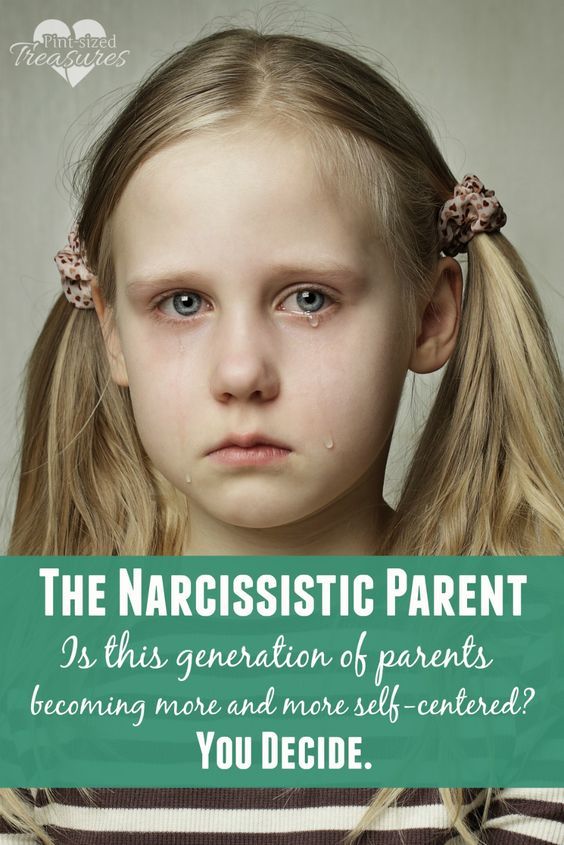 nine0003
nine0003
The narcissist relies on jealousy as a powerful tool to force the child to obey. Therefore, comparisons should draw the child into competition and feel the instability of their position in the life of a narcissistic parent.
4. "You could have done better"
Narcissus hides behind a mask, the façade of a Potemkin village - a construction consisting of qualities and features that should arouse admiration. Due to the fact that the mask is very well made, it is difficult to understand where he is real, cute and charismatic or overwhelming and devaluing. The child suffers from cognitive dissonance, blames himself for being treated so cruelly by the closest person and tries to "become better", to catch up to his standards, while doing nothing wrong. nine0003
The narcissist does not actually sympathize with others. You can break to death trying to get through to him
Attempts to accomplish a feat for the sake of his love certainly flatter him, because they implicitly talk about his grandiosity.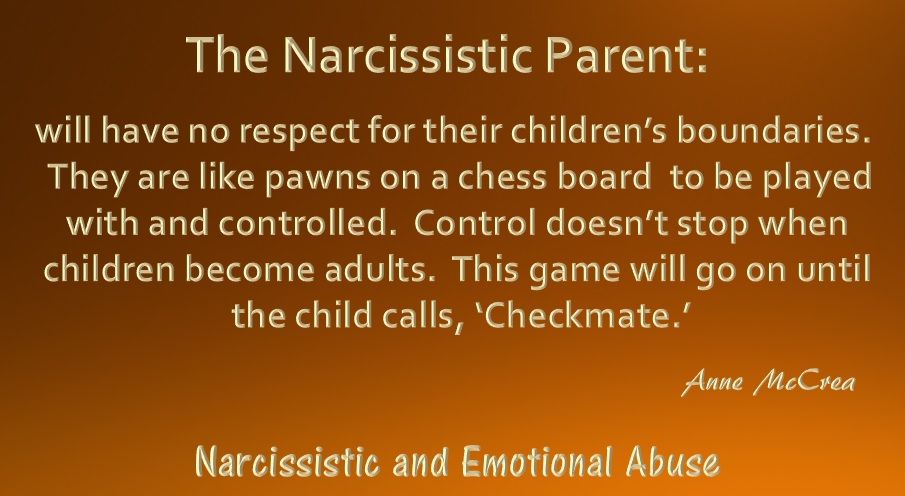 But in fact, a child is just another source of nutrition.
But in fact, a child is just another source of nutrition.
How not to become a hostage of a narcissistic parent?
Little children are defenseless against their parents. Teenagers and adults alike can try to make a difference. The bad news is that this is very difficult to do. nine0003
Ideal if you live together and have grown up to be able to separate. If this is not yet possible, it is important to be aware of what is happening. Don't buy into what he/she says about themselves or about you. Don't fall for depreciation or gaslighting. If they put you on a pedestal and begin to praise you, don't lose your head either. Remember that this is a part of the game that you should not even start playing. Do not argue, do not try to convince. Agree and ignore everything that is said to you. Do not set goals for yourself to win or improve relationships, this is basically impossible. The goal is to make this communication less traumatic for yourself. Do not forget to periodically test the reality, other people will be able to tell if the narcissist is right in some matters.